People who love to have acne can improve it by adjusting their diet, scientific skincare, regular sleep, moderate exercise, and medication intervention. Acne is mainly related to factors such as excessive sebum secretion, abnormal keratinization of hair follicles, and bacterial infections, and comprehensive measures should be taken accordingly.
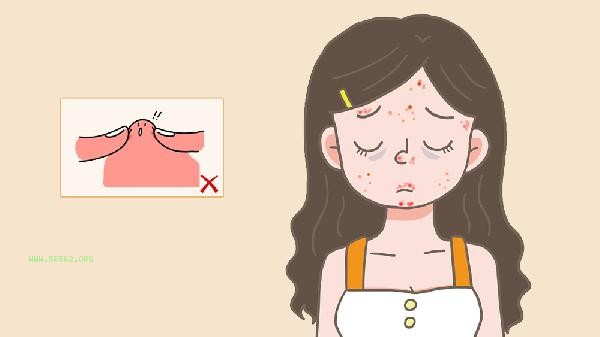
1. Adjust diet
Reduce the intake of high sugar and high-fat foods, such as desserts, fried foods, etc., which may stimulate sebaceous gland secretion. Adding carrots and spinach rich in vitamin A, as well as oysters and nuts rich in zinc, can help regulate sebum metabolism. Hormonal components in dairy products may exacerbate inflammation, and people who are prone to acne can try temporarily reducing milk intake.
2. Scientific Skincare
Choose mild amino acid cleansing products to avoid excessive cleansing that damages the skin barrier. Oily skin can use skincare products containing salicylic acid or almond acid every week to unclog pores, but sensitive skin needs to reduce the frequency of use. Choose lightweight chemical sunscreen for sun protection, while physical sunscreen may clog pores. Stop using heavy face cream or essential oil products during acne.
3. Regular sleep schedule
Ensuring 7-8 hours of sleep every day and falling asleep before 11 pm at night helps regulate endocrine balance. Long term staying up late can lead to an increase in cortisol levels and stimulate excessive activity of sebaceous glands. During lunchtime, you can close your eyes for 20 minutes to rest and relieve the impact of stress on your skin.
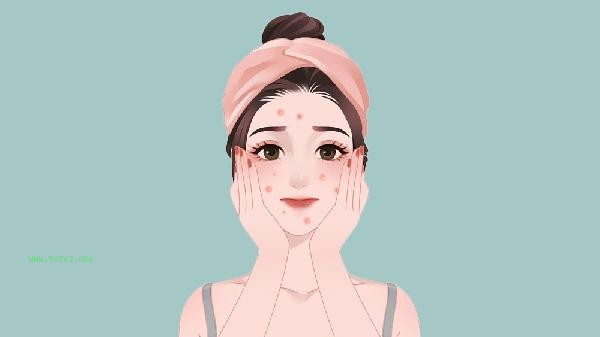
4. Moderate Exercise
Engage in 3-4 aerobic exercises such as jogging and swimming per week to promote pore opening through sweating. Clean facial sweat promptly after exercise to avoid salt crystallization and skin irritation caused by sweat evaporation. Yoga and other soothing exercises can lower testosterone levels in the body and reduce oil secretion.
5. Drug intervention
Intractable acne can be regulated by retinoic acid cream according to the doctor's advice, and benzoyl peroxide gel can inhibit propionibacterium acnes. Severe inflammatory acne may require oral antibiotics such as doxycycline, while female hormone related acne may be regulated with short acting contraceptives. All medication use must be carried out under the guidance of a dermatologist.
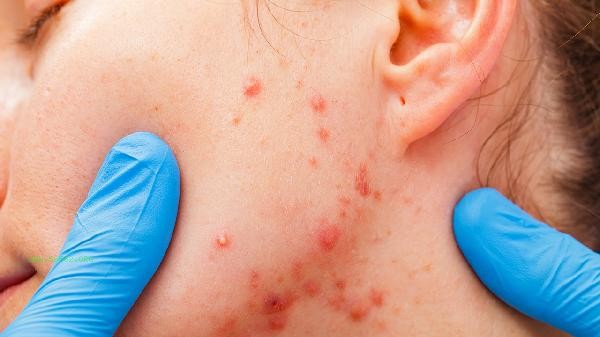
Improving acne requires adhering to a cycle of at least 2-3 months and avoiding frequent changes in care plans. Avoid squeezing pimples with your hands in daily life, and regularly disinfect and replace cleaning products. In special periods, such as before the physiological period, anti inflammation essence can be used in advance to prevent skin problems such as rosacea. Establish a skin condition record table, track the correlation between diet, daily routine, and acne changes, and gradually find personalized improvement plans.

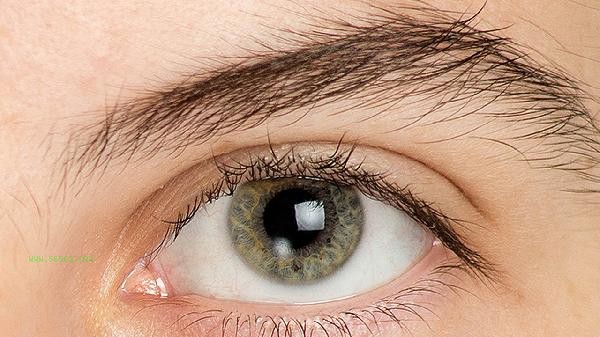
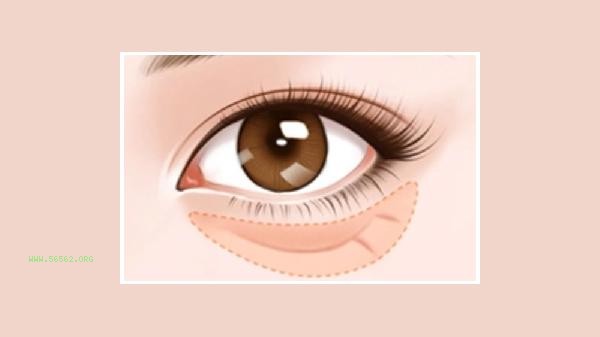
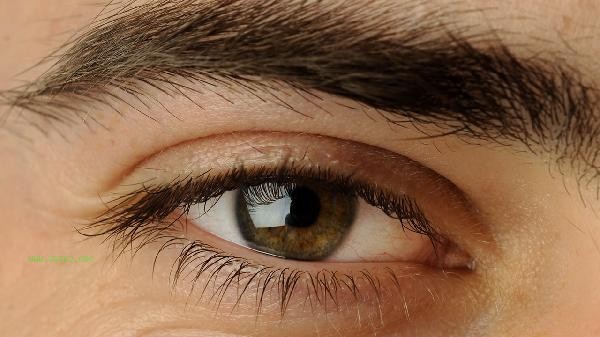
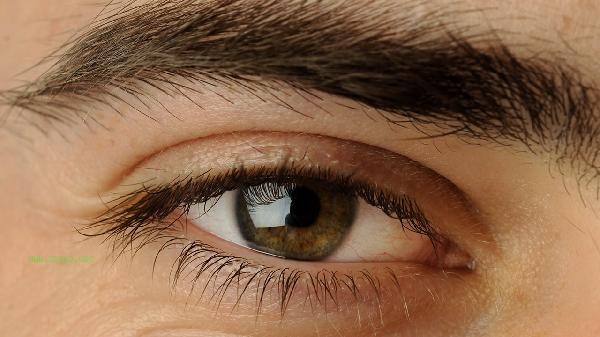
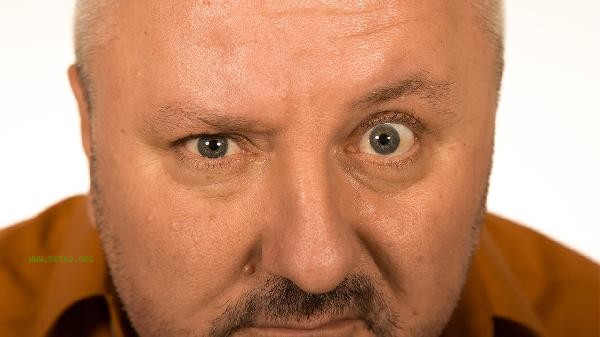



Comments (0)
Leave a Comment
No comments yet
Be the first to share your thoughts!